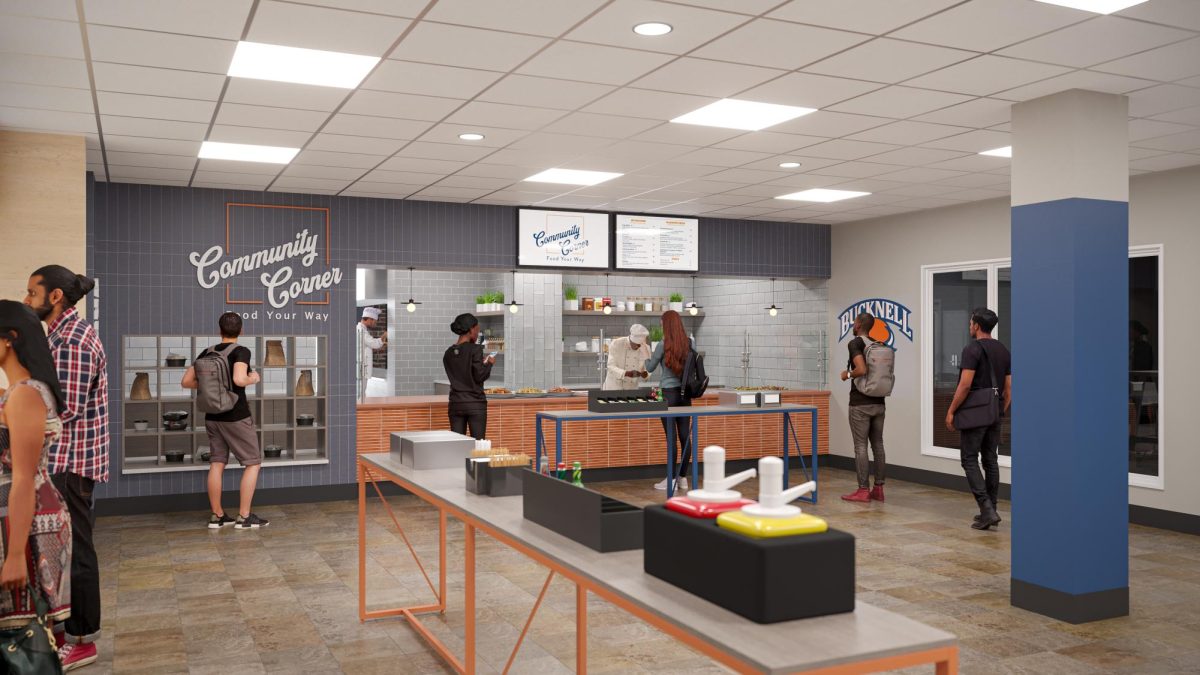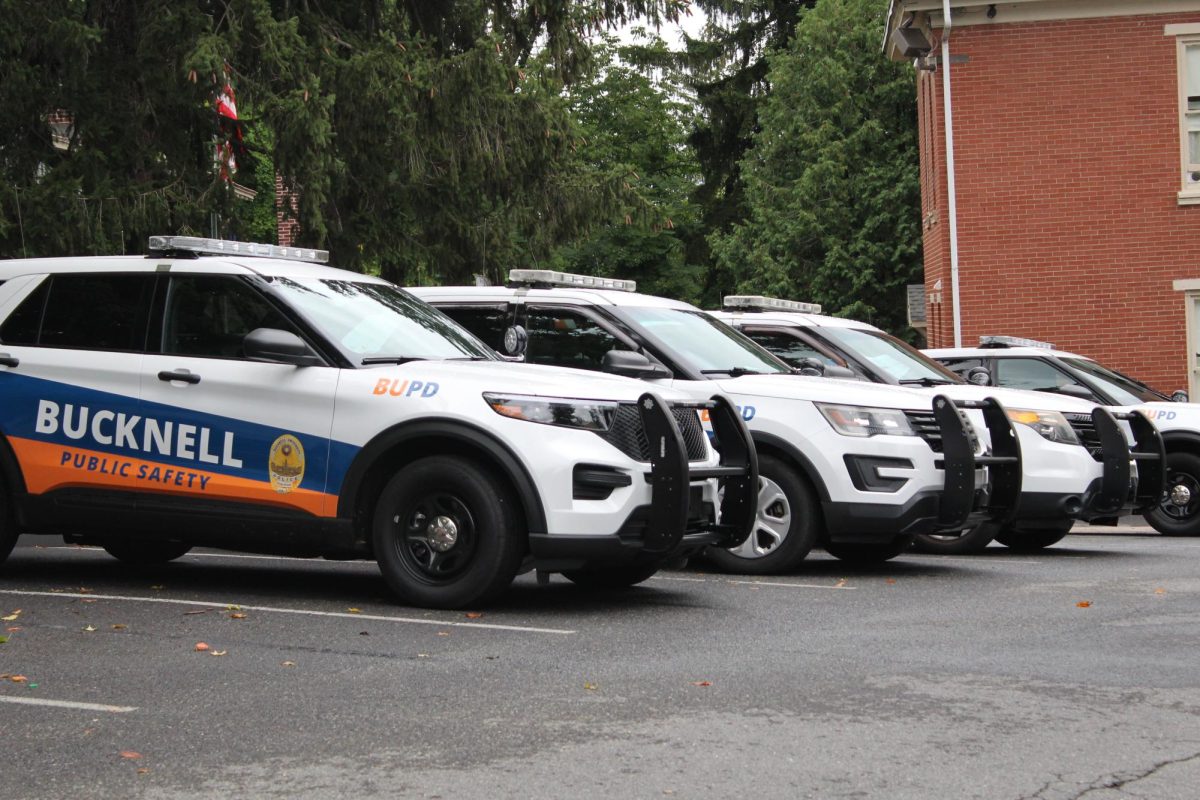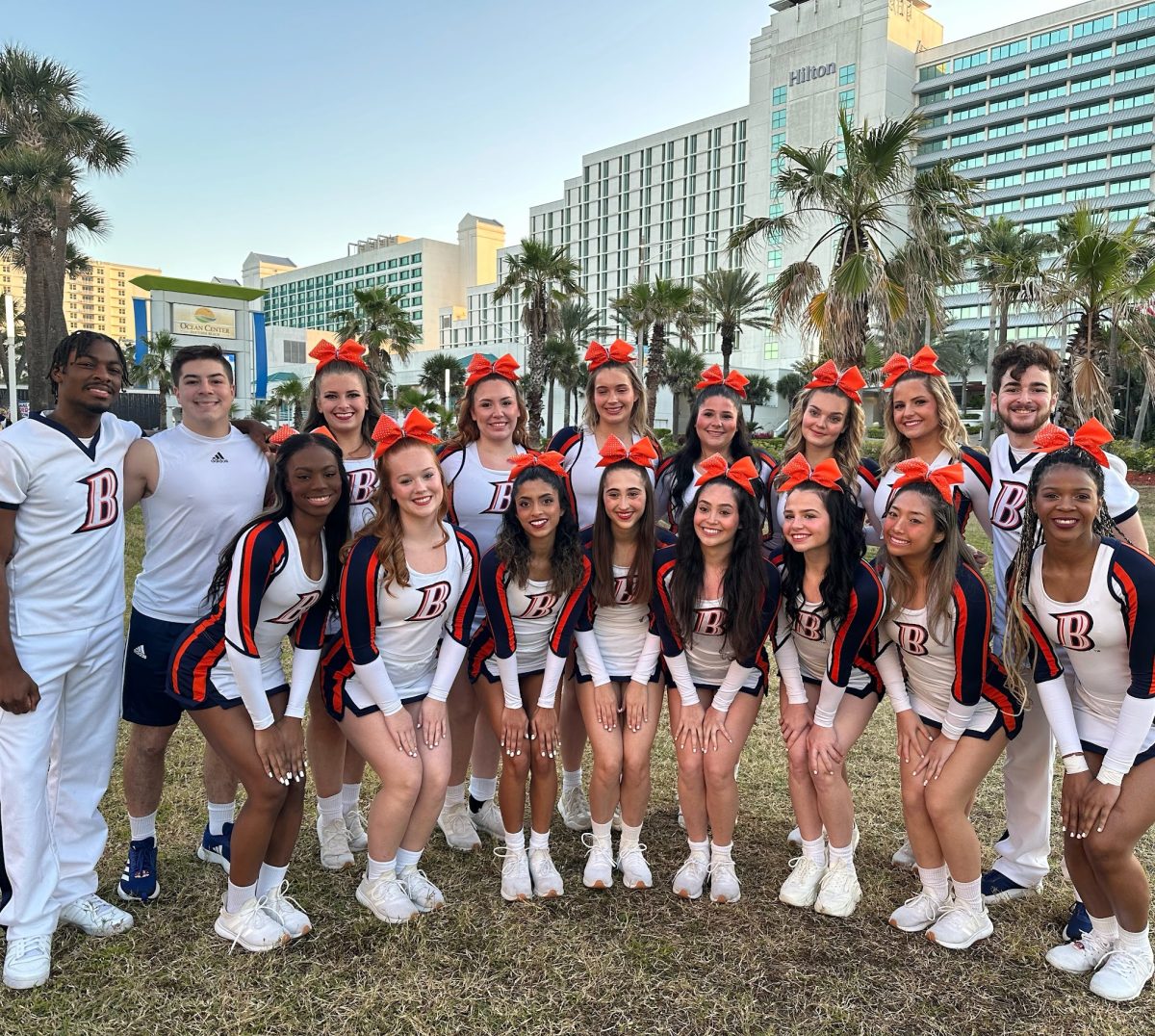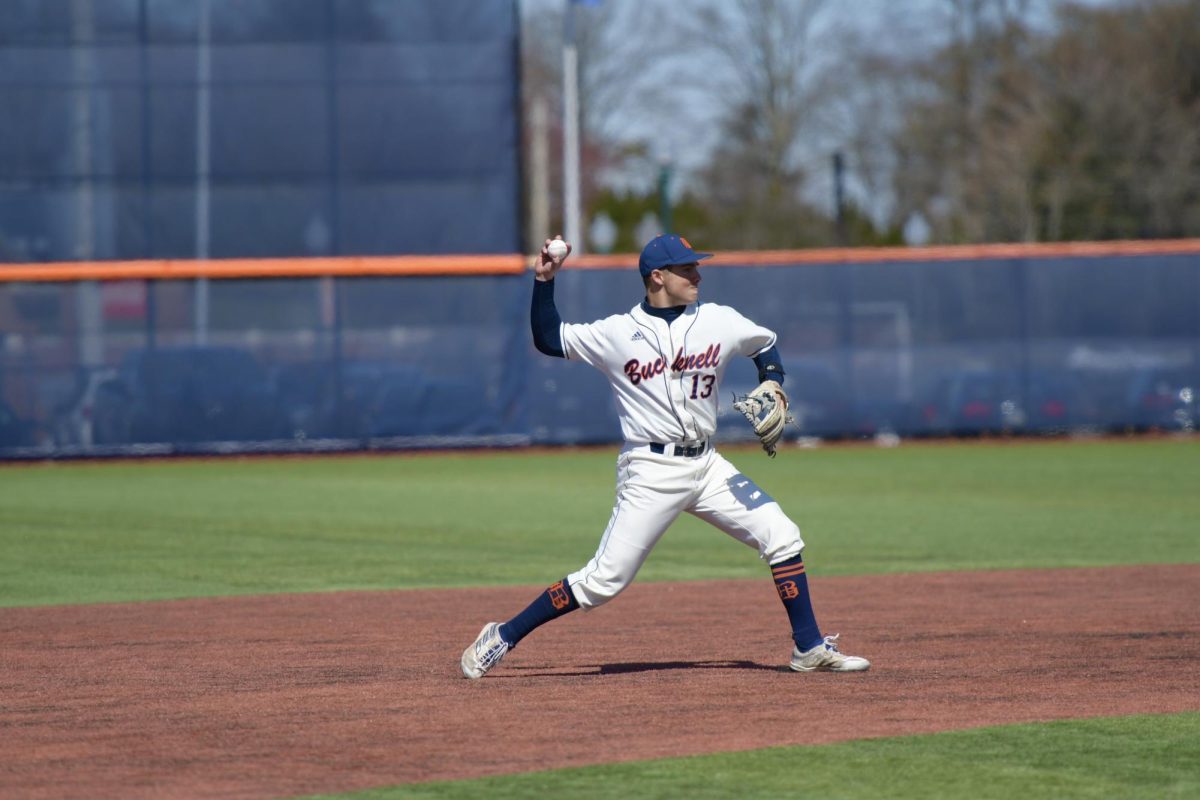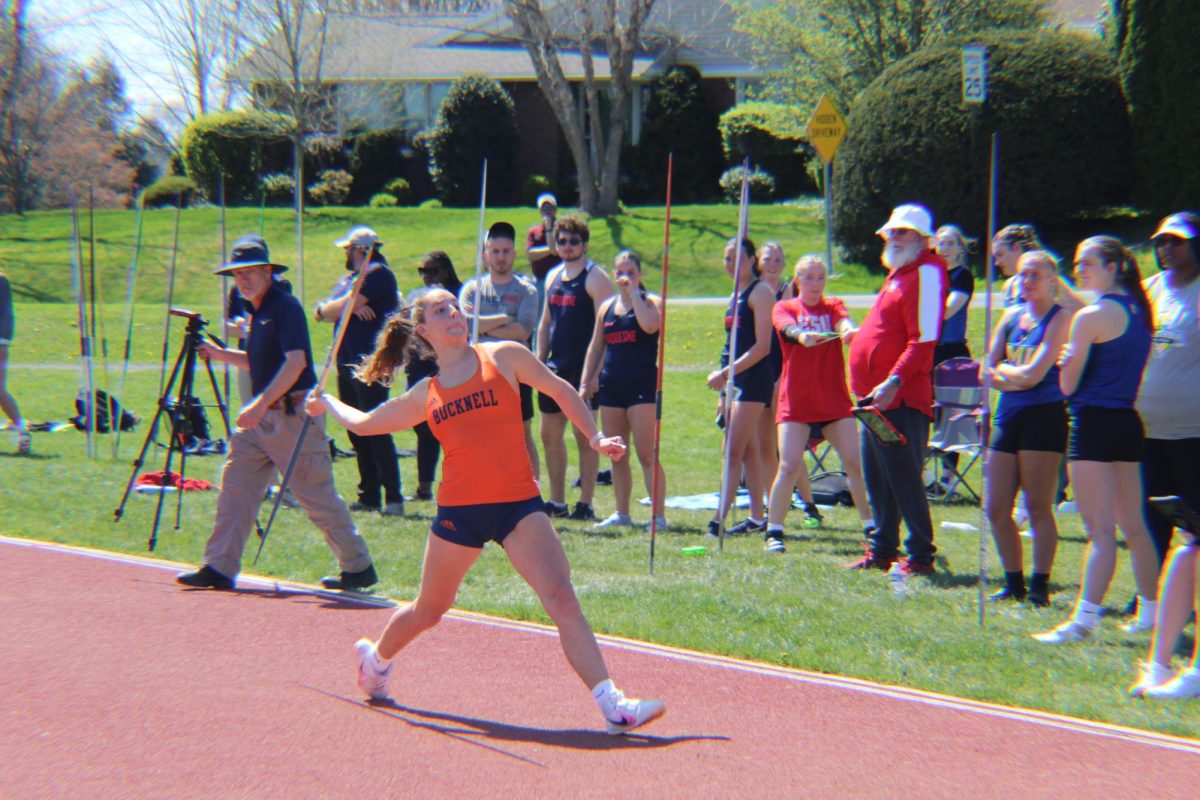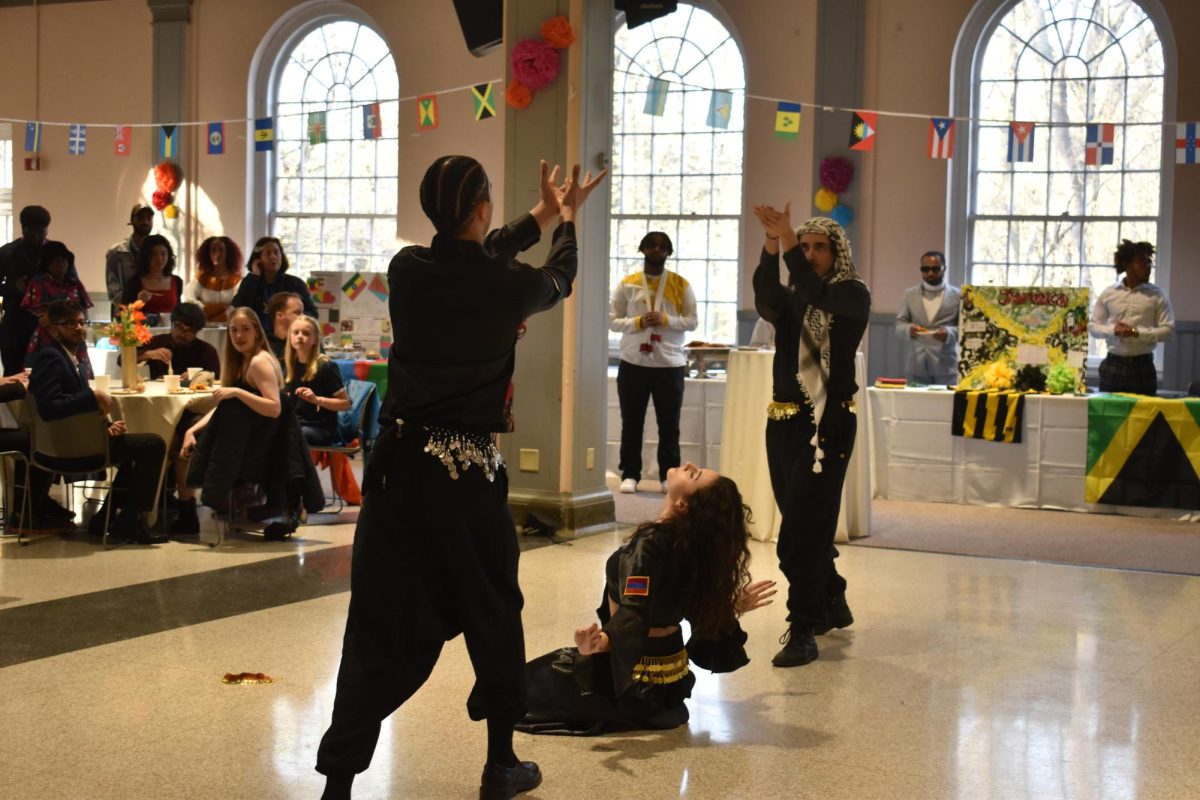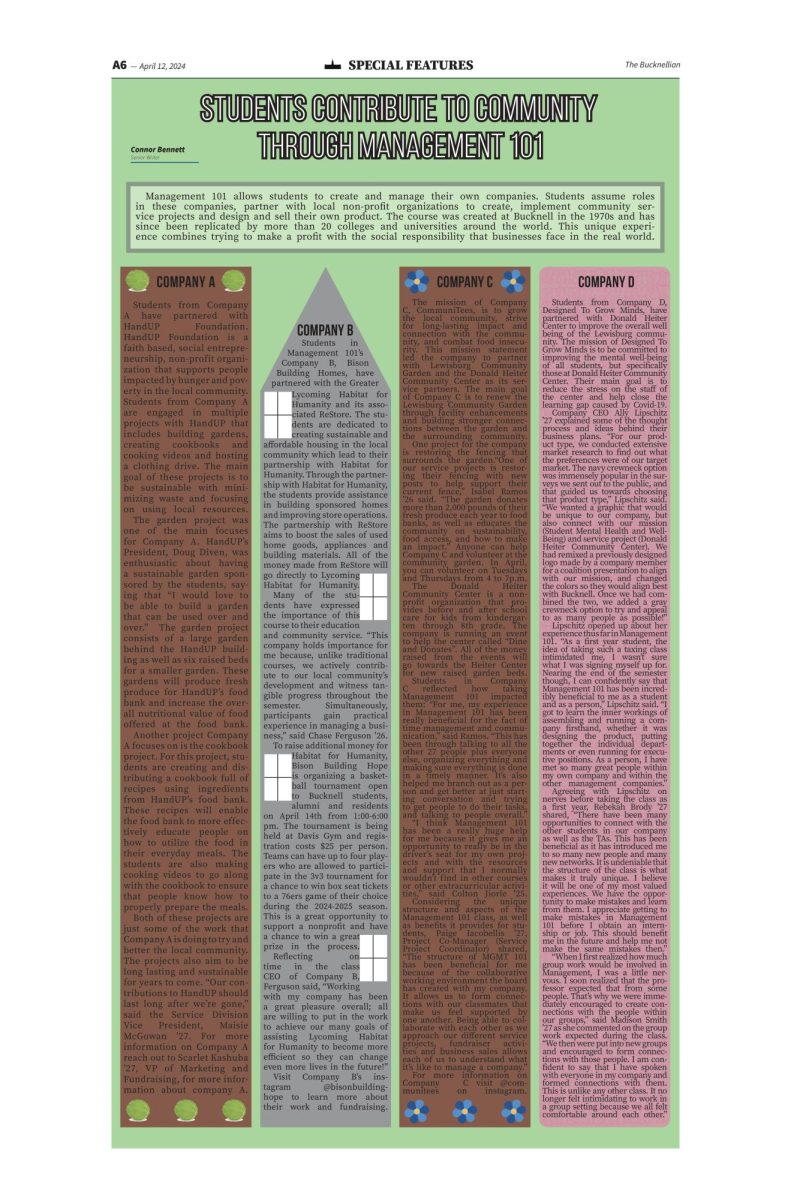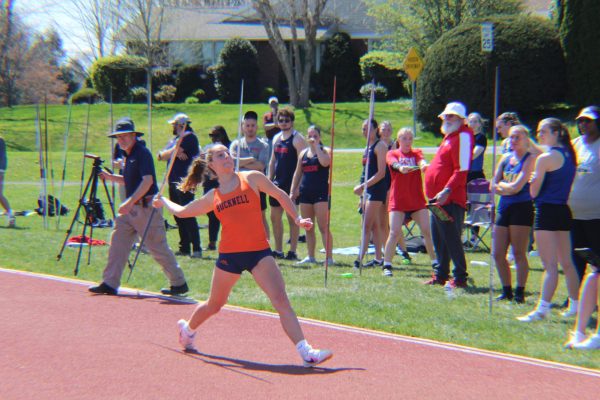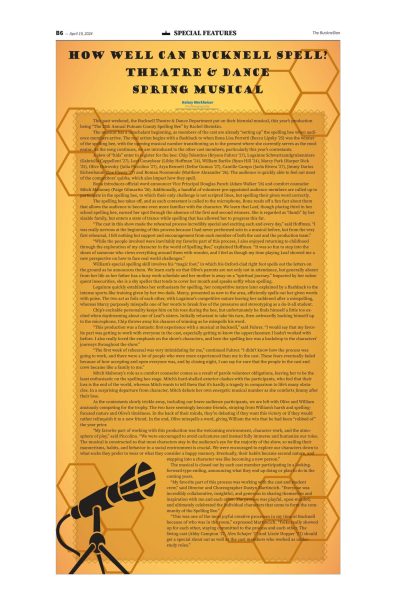Bucknell Institute for Public Policy (BIPP): Brigade impacts development in Nicaragua
January 28, 2016
Nicaragua, the second poorest country in the Western Hemisphere, is characterized by political and economic unrest. The University contributes significantly to the country’s sustainability and development. Each year, two delegations are selected through an application process, one traveling in the winter, and the other in the spring. Student participants, along with two faculty and two student leaders, volunteer to travel to Nicargua and help rebuild it. The program is hosted by the Center for Development in Central America (CDCA) and the Jubilee House Community (JHC).
The CDCA/JHC works with Nicaraguan communities in areas such as healthcare, agriculture, sustainable development, education, and technology. Various CDCA projects involve students who travel across the world and help implement change by doing remarkable things such as providing aid to a clinic located in a community named Nueva Vida.
The Bucknell Brigade program was established by one student’s powerful response to the oppression and devastation in the country. In 1999, Hurricane Mitch destroyed much of Nicaragua. The Nicaraguan government swiftly imposed displacement policies, relocating the poor to Nueva Vida. In response, Jamie Cistoldi Lee ’99 developed a plan to provide relief, and the first brigade traveled to Nicaragua in March 1999. Over the years, the focus of the Brigade has shifted from emergency repairs to community support projects.
Nicaragua has been maimed by a history of conflicting domestic and international policies. The tension between international intervention and domestic revolution has resulted in instability for the nation’s healthcare and agriculture policies. Today, public healthcare, a remnant of the Sandanista party, gives Nicaraguan citizens public access to healthcare, however, there are still large gaps in administration due to lack of resources and clinics. National development programs have been promoted, yet benefits do not reach rural impoverished communities.
The remedy for the asymmetric, ineffective national development programs seems to be the grassroots approach.
“Grassroots organizations are what works!” Fallon Burke ’16, co-leader of the January brigade, said.
“Bottom-up approaches are the way to go, as evidenced by the CDCA/JHC. Listening to the needs of the community, coming from community members themselves, and then working to address those needs collaboratively is the epitome of development and sustainability,” Burke said.
The University has partnered with the CDCA to do just this; for example their collaboration in constructing the clinic in Nueva Vida. The clinic, which employs Nicaraguan doctors and community health workers, was initially built solely on fundraising from the University and various donations. Though Nueva Vida lacks a governing body, the community is well-organized and in need of various services, primarily healthcare.
The self-proclaimed “Brigadistas” come back with an excitement and passion for the pursued cause, a testament to the transcendence of the experience.
“During the Brigade, I had a moment of pride and astonishment when we were told the story of how one Bucknellian came to Nueva Vida, saw the devastation and dire need for aid, and eventually started what we now know as the Bucknell Brigade,” Eric Tran ’16 said. “One Bucknellian is all it took for all this progress to happen. That truly inspires me.”
